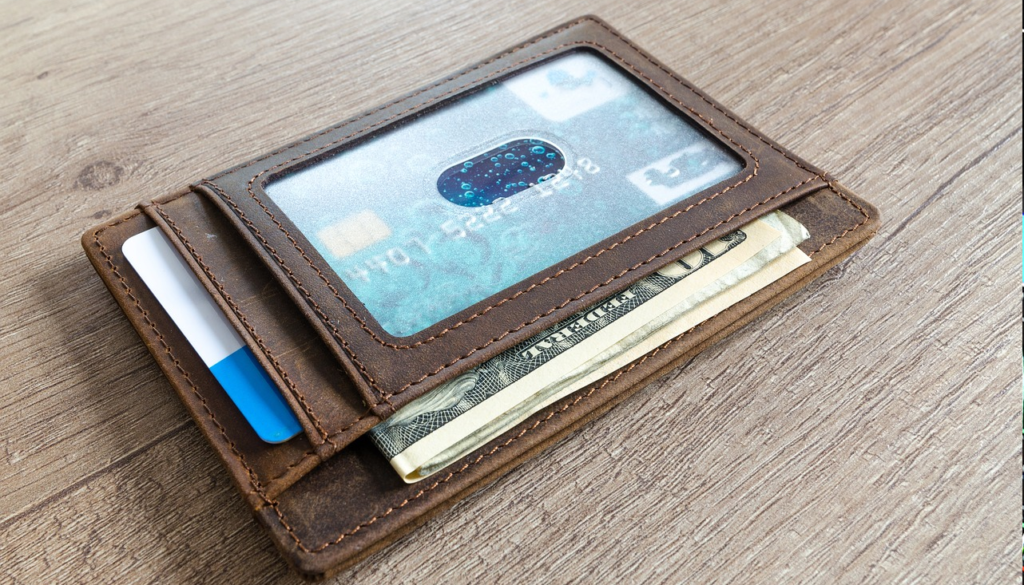Are you planning to buy a house or start a new business? You’re probably wondering why banks and alternative lenders almost always ask for your credit rating.
There’s value to it: your credit determines your ability to pay back what you owed, assuring lenders that you’re worth investing in.
If you think that your credit score is not in good shape and want to do something about it, this article is for you.

What does ‘bad credit’ look like?
Bad credit pertains to a person’s history of missed bill payments, indicating that this behaviour will persist in the future. Bad credit is reflected in their credit score, which lenders often look at before lending you money.
Most lenders require a minimum credit rating of 600. That means that if your credit score is below that, you may have a hard time getting a loan or obtaining a credit card.
How to improve your credit score
Take a look at these proven ways to help you fix your personal credit score or build it from scratch:
1. Always pay your bills on time
Your personal credit is all about your previous payment histories. If you have been paying your bills late, then you’re automatically hurting your credit score.
This is because your payment history is the most significant contributor to your credit score, and it will reflect in your reports for about seven years.
While that is the case, you can still show creditors that you’ve become diligent with paying your bills.
If you’re planning to get a loan anytime soon, make sure that all bills coming your way are paid even before they’re due. Consistently doing this for months can improve your credit rating and eventually offset previous delinquencies.
When money is tight, and you think that you won’t be able to pay your dues ASAP, make sure to contact your biller and ask for a payment extension. Just be sure to pay your bill on the new agreed schedule.
Showing a positive change in your payment behaviour can help show lenders that you’re already capable of paying your debts on time. The best books about getting out of debt share a range of tips and techniques you can use to demonstrate your creditworthiness.
2. Catch up on past-due accounts
Supposing you have enough money to spare, you can immediately pay your bills even when they are past due dates.
Having your accounts current shows creditors that even when you’re already behind on your bills, you try to make up for them. It’s a demonstration that you have good money management and budgeting skills.
Additionally, it keeps you from being charged with additional late charges.
The same principle applies to small business owners who have revolving accounts such as a line of credit or business credit cards.
Even if you’re not behind on your bills, having a high credit utilization rate impacts your credit score. That said, make sure that you maintain a low balance on these accounts.
3. Limit applications for new accounts
While it’s essential to have diversity in your accounts, you must limit your applications. Personal finance books suggest that as few as two applications in a short period can lead to a deterioration in your credit score.
Applying for several loans or opening multiple credit accounts can take a toll on your overall credit rating.
This is because every application you make can be tagged as a hard inquiry, which may affect your rating. You can get a free soft credit check with ClearScore.
Also, opening new credit lowers the average length of your total accounts, which in turn, affects the length of your credit history.
If you can, try not to open new accounts while you fix your credit score. If you really have to, make sure that you’re not applying for several accounts all at the same time.
4. Dispute errors in your credit reports
One simple mistake in your credit report can take a toll on your overall rating. If you spot an error, it’s best that you contact your credit bureau right away.
Some of the most common errors in your credit report are the following:
- Misspelled name
- Wrong number or home address
- Credit information is mistakenly merged with another person’s record
- Incorrectly reported accounts
- Errors in account balances and credit limits
- Uncorrected errors which have been reported before
The first thing you have to do is to send an e-mail to the credit bureau that released your report. Inform them of the errors you found in the document and provide supporting documents that will help prove the legitimacy of your claim. They are bound by regulation to fix your credit records if there are errors.
Give the bureau around 45 days to respond to your e-mail. Remember that you have to give them time to investigate the issue. Also, the disputes might take several months to appear on your updated credit report.
5. Keep credit cards open
If you’re thinking that closing your credit cards will help you improve your credit score, you’re wrong. In fact, you might have a more challenging time boosting your credit rating when you do so.
Take note that you diminish that card’s credit limit from your total credit utilization whenever you cut a credit card.
So even if you have nothing to use your credit card for, keep it open. Use it occasionally, as long as you pay back what you’ve spent.
Keeping credit cards open is beneficial to you because it shows creditors a clear payment history. When you choose to close it, you will only increase your balance/limit ratio, causing further damage to your credit rating.
In conclusion
Before applying for a loan or a new credit card, make sure that you know where your credit stands. This will give you enough time to boost your score if your credit turns out unfavourable.